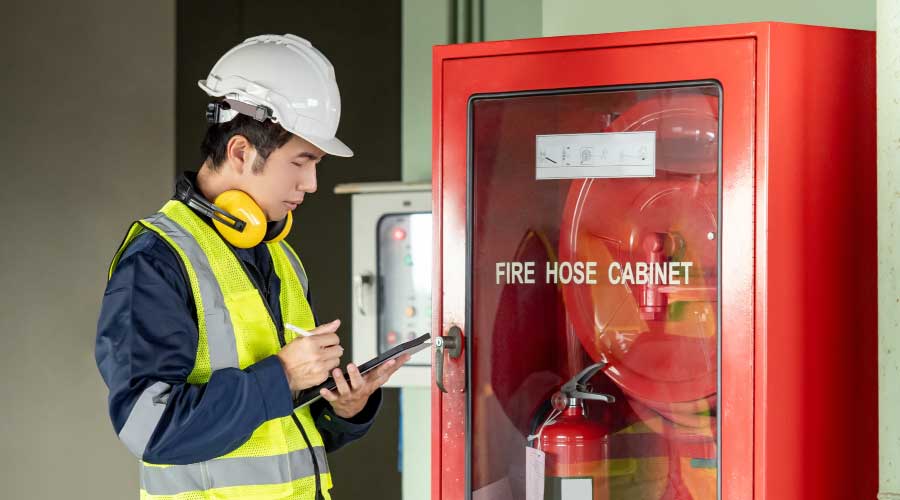Report Shows AI's Impact on Facilities Management
Industry report shows the importance of AI, energy efficiency emphasis and prioritizing preventive maintenance.
By Doug Carroll, Contributing Writer
Doing more with less. Learning about artificial intelligence (AI). Focusing on energy efficiency. Placing a priority on preventive maintenance.
Those are some of the things facilities managers are juggling as automation and innovative technologies play an ever-larger role in their work, according to the recently released State of Facilities Management Technology Report from JLL, a leading global commercial real estate and investment management company.
Some of the report’s key findings:
- Work orders are expected to increase, making facilities management software crucial for managing increased workloads. Key stat: 75 percent of respondents cited decreasing budgets as their top concern.
- AI interests managers, but most lack a concrete AI strategy. Key stat: 59.1 percent have no AI strategy yet.
- Energy efficiency is the sustainability focus of managers. Key stat: 69.4 percent said it’s their top sustainability priority.
- Preventive maintenance is an emphasis, given budget constraints. Key stat: 29.1 percent said the top expected outcome from asset management software is automated preventive maintenance scheduling and insights.
The report presented survey results from more than 230 facilities management practitioners, primarily in North America. Multiple industries were represented, including technology, education, financial services, manufacturing and retail.
Tim Bernardez, global head of facilities management SaaS business for JLL, says there is pressure on organizations to control and cut costs while maintaining high levels of services and quality.
“Budgets are flat, work is increasing and there’s a need to automate further,” Bernardez says. “Some are skeptical of advancements in AI, but they’ve got to get past that quickly.
“The other big piece is the continued trend in inadequate skilled labor. They’re looking for ways to get through that.”
According to the report, 42.6 percent of facilities managers said their teams are understaffed. A lack of qualified job candidates to replace a wave of retirees is one reason, although that may be changing with a resurgence of trade schools.
“In the past, there was an inadequate job of positioning the importance of facilities management work,” Bernardez says. “This is an industry issue. Built environments engage with everybody. I don’t know of an industry that’s advancing this fast.”
Teams can leverage facilities management software to automate repetitive tasks, such as work order dispatch and invoice approvals. By automating these processes, they can free up valuable time and resources, which allows them to process more work orders and improve overall productivity.
Bernardez encouraged managers to remain open-minded about advances in technology.
“I believe how we do our job might change but output doesn’t change,” he says. “It’s thinking through the skill sets of an organization and what those skills look like.”
As an example, he said the field of data analytics is ripe for incorporation into the plans of facilities managers. Organizations that know how to best harvest the data they collect will have an edge, optimizing delivery of services.
Sharad Rastogi, JLL’s CEO of work dynamics technology, says technology skills are more important than ever to facilities management.
“As AI technologies mature and prove their value, more facility managers will adopt them to drive efficiency and enhance decision-making,” Rastogi says.
Doug Carroll is a freelance writer based in Chandler, Arizona.
Related Topics:












